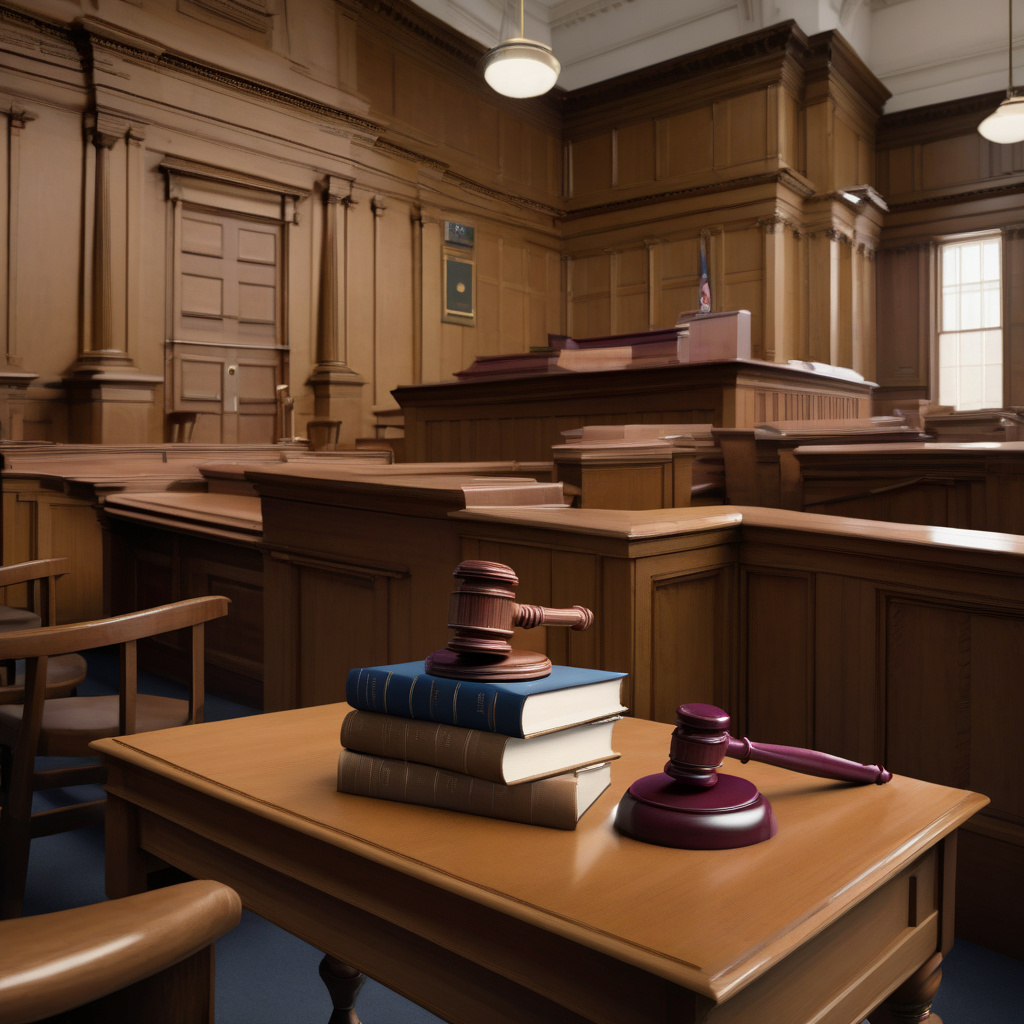Lawyers Could Face ‘Severe’ Penalties for Fake AI-Generated Citations, UK Court Warns
The recent warning issued by the High Court of England and Wales serves as a stark reminder to legal professionals about the risks associated with the misuse of artificial intelligence tools in their practice. Judge Victoria Sharp’s ruling, which highlighted the limitations of generative AI tools such as ChatGPT in conducting accurate legal research, underscores the importance of upholding integrity and authenticity in legal citation practices.
As the legal landscape increasingly embraces technology to streamline processes and enhance efficiency, the potential pitfalls of relying solely on AI-generated content come into sharp focus. While AI tools can undoubtedly offer valuable support in legal research, they are not without their limitations. In the context of citing legal precedents and authorities, the significance of human oversight and verification cannot be overstated.
The implications of incorporating fake AI-generated citations in legal documents are far-reaching and could have severe consequences for lawyers. Not only does it compromise the credibility and reliability of legal arguments, but it also raises ethical concerns regarding transparency and accountability in legal practice. In a profession built on the foundation of upholding justice and truth, the integrity of citations serves as a cornerstone of legal reasoning and argumentation.
By highlighting the inadequacies of AI tools in conducting reliable legal research, the court’s warning prompts legal professionals to exercise caution and due diligence in their use of technology. While AI can undoubtedly offer valuable insights and efficiency gains, it should complement rather than replace the critical thinking and expertise of legal practitioners. The responsibility lies with lawyers to ensure the accuracy and authenticity of citations, thereby upholding the standards of legal scholarship and practice.
In practical terms, this means adopting a discerning approach to the integration of AI-generated content in legal work. Legal professionals should view AI tools as aids rather than substitutes, using them to augment their research capabilities while maintaining a critical eye on the quality and accuracy of the output. Regular verification of AI-generated citations against authoritative legal sources is essential to mitigate the risks of inadvertently including fake or misleading information in legal documents.
Moreover, the court’s warning serves as a call to action for legal firms and institutions to establish clear guidelines and protocols for the use of AI in legal research and citation practices. By implementing robust quality control measures and promoting a culture of ethical and responsible AI usage, organizations can safeguard against the inadvertent dissemination of false information and uphold the integrity of the legal profession.
As technology continues to reshape the legal landscape, it is imperative for legal professionals to strike a balance between innovation and reliability. Embracing AI tools can undoubtedly offer numerous benefits in terms of efficiency and productivity, but this must be accompanied by a steadfast commitment to upholding the principles of accuracy and authenticity in legal practice. By heeding the court’s warning and exercising prudence in the use of AI-generated citations, lawyers can navigate the evolving legal landscape with confidence and integrity.

